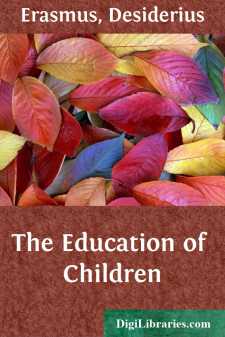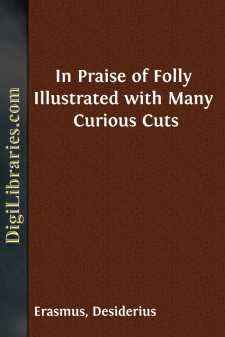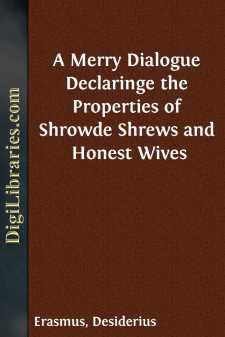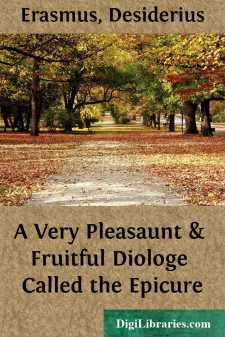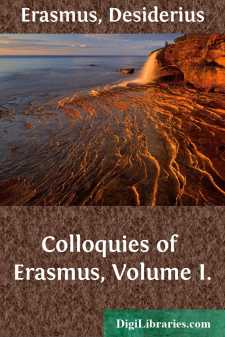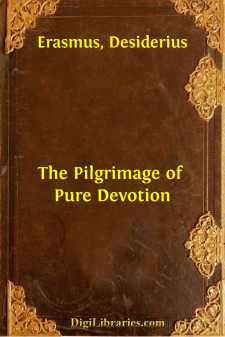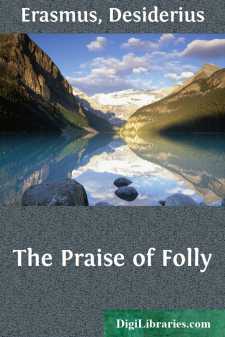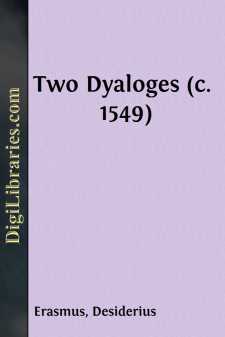Categories
- Antiques & Collectibles 13
- Architecture 36
- Art 48
- Bibles 22
- Biography & Autobiography 816
- Body, Mind & Spirit 145
- Business & Economics 28
- Children's Books 18
- Children's Fiction 14
- Computers 4
- Cooking 94
- Crafts & Hobbies 4
- Drama 346
- Education 58
- Family & Relationships 59
- Fiction 11831
- Foreign Language Study 3
- Games 19
- Gardening 17
- Health & Fitness 34
- History 1378
- House & Home 1
- Humor 147
- Juvenile Fiction 1873
- Juvenile Nonfiction 202
- Language Arts & Disciplines 89
- Law 16
- Literary Collections 686
- Literary Criticism 179
- Mathematics 13
- Medical 41
- Music 40
- Nature 179
- Non-Classifiable 1768
- Performing Arts 7
- Periodicals 1453
- Philosophy 66
- Photography 2
- Poetry 897
- Political Science 203
- Psychology 45
- Reference 154
- Religion 516
- Science 126
- Self-Help 86
- Social Science 82
- Sports & Recreation 34
- Study Aids 3
- Technology & Engineering 59
- Transportation 23
- Travel 463
- True Crime 29
Desiderius Erasmus
Desiderius Erasmus (1466-1536) was a Dutch Renaissance humanist, theologian, and scholar renowned for his works on Christian humanism. He is best known for his critical edition of the Greek New Testament and his satirical work "In Praise of Folly," which critiqued the practices and corruption within the Catholic Church. Erasmus' writings and ideas significantly influenced the Protestant Reformation, despite his commitment to remaining within the Catholic Church and advocating for internal reform rather than schism.
Author's Books:
Sort by:
f thou wilt harken vnto me, or rather to Chrisippus, the sharpeste witted of Philosophers, y shalte prouide y thyne infante and yonge babe be forthewyth instructed in good learnyng, whylest hys wyt is yet voyde from tares and vices, whilest his age is tender and tractable, and his mind flexible and ready to folowe euery thyng, and also wyl kepe fast good lessons and preceptes. For we remẽber...
more...
THE LIFE OF ERASMUS. ERASMUS, so deservedly famous for his admirable writings, the vast extent of his learning, his great candour and moderation, and for being one of the chief restorers of the Latin tongue on this side the Alps, was born at Rotterdam, on the 28th of October, in the year 1467. The anonymous author of his life commonly printed with his Colloquies (of the London edition) is pleased to...
more...
Eulalia. God spede, & a thousand mine old acqueintÐâÐÐce. xantippa. xan. As many agayn, my dere hert. Eulalia. me semets ye ar warÐâвÐÑ much faire now of late. Eula. Saye you so? gyue you me a mocke at the first dash. xan. Nay veryly but I take you so. Eula. Happely mi new gown maketh me to loke fayrer then I sholde doe. xan. Sothe you saye, I haue not sene a mynioner...
more...
HEREas manye histories of olde & auncient antiquitie, and also al godly & Christiã writers most playnely consêt together, and agree in this, that dignitie, riches, kinred, worldly pompe, and renoume, doo neither make men better, ne yet happiar, contrarie too the blynde & fonde iudgement of the most part of menne: but by the power and strength of the mynde, that is, learnyng, wysedome,and...
more...
Prefatory Note. The present English version of Erasmus' Colloquies is a reprint of the translation of N. Bailey, the compiler of a well-known Dictionary. In his Preface Bailey says, "I have labour'd to give such a Translation as might in the general, be capable of being compar'd with the Original, endeavouring to avoid running into a paraphrase: but keeping as close to the original...
more...
A pylgremage, for pure deuocyõ. Enedemus. Signifieth to forsake. What new thynge ys it, that I se? doo I nat see Ogygyus my neybur, whom no mã could espie of all thes sex monthes before? yt was a sayng that he was deed, It is euen he, except that I be ferre deceyuyd. I wyll go to hym, & byd hym good morow. Good morow was faynyd of an old kynge of Thebanes.. Good morow to you Menedemus. Mene. I...
more...
ERASMUS OF ROTTERDAM to his friend THOMAS MORE, health: As I was coming awhile since out of Italy for England, that I might not waste all that time I was to sit on horseback in foolish and illiterate fables, I chose rather one while to revolve...
more...
The parsons names are Cannius and Poliphemus. Annius. what hunt Polipheme for here? Poliphem. Aske ye what I hunt for here, and yet ye se me haue neyther dogges, dart, Jauelyn, nor huntyng staffe. Cannius. Paraduenture ye hunt after some praty nymphe of the couert. Poliphemus. By my trouth and well coniectured, be holde what a goodly pursenet, or a hay I haue here in my hande. Canni. Benedicite, what a...
more...


